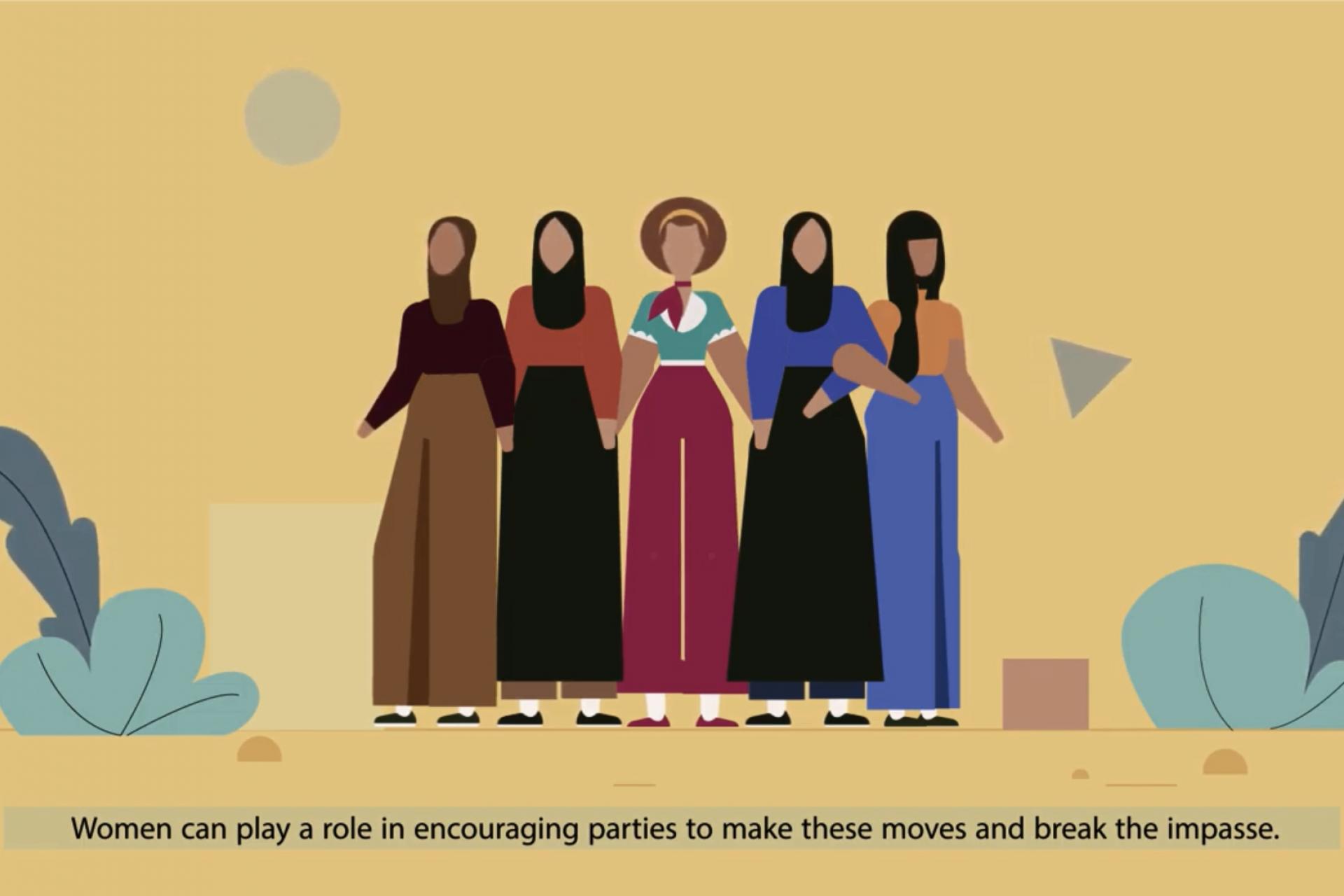The role of women in post conflict reconstruction and reconciliation.
The role of women in post conflict reconstruction and reconciliation.
The role of women in post conflict reconstruction and reconciliation is critical for building sustainable and inclusive peace. Women have unique perspectives and experiences that can inform reconstruction and reconciliation efforts, and they often have networks and relationships that cut across societal divides, which can facilitate dialogue and cooperation between conflicting groups. Women's participation can also ensure that their rights and interests are protected, and that gender-sensitive policies are developed and implemented.
Women can play several important roles in post-conflict reconstruction and reconciliation, including:
- Promoting social cohesion: Women can play a critical role in promoting social cohesion and rebuilding trust between conflicting groups. They can do this by organizing dialogue and reconciliation initiatives that bring together people from different communities and by promoting cross-cultural understanding and cooperation.
- Building sustainable peace: Women can help to build sustainable peace by advocating for gender-sensitive policies and programs that address the root causes of conflict and violence, including poverty, inequality, and discrimination. They can also promote human rights, social justice, and democratic governance, which are essential for building peaceful and inclusive societies.
- Providing support to affected communities: Women's organizations can provide critical support to communities affected by conflict, including access to healthcare, education, and other basic services. They can also provide psychosocial support to survivors of violence and trauma, and advocate for their rights and interests.
- Promoting women's participation and empowerment: Women can promote their own participation and empowerment in post-conflict societies by advocating for their rights and interests, and by challenging gender stereotypes and discrimination. They can also work to promote the participation of other marginalized groups, including youth and ethnic and religious minorities.
By
Agnes Mashonganyika
MA
International Relations
Disclaimer:
The views and opinions expressed in this writing are those of the writer and do
not necessarily reflect the views or positions of any entities they represent.

Comments
Post a Comment